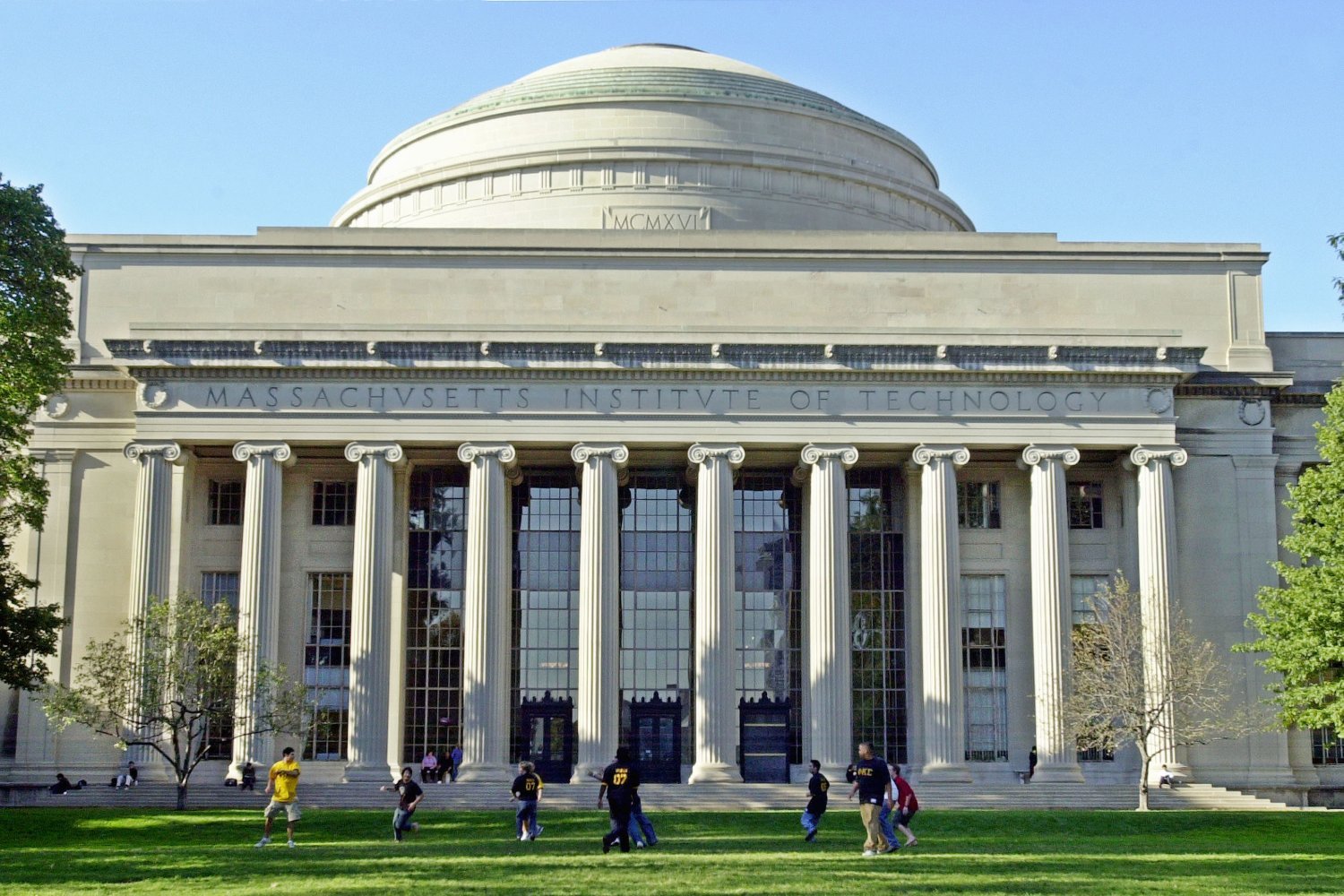The Massachusetts Institute of Technology (MIT) has withdrawn support for a previously lauded research paper exploring the impact of AI on scientific productivity and job satisfaction. The paper, which initially garnered significant attention and praise, has been retracted due to concerns about data integrity and research validity.
This study, titled “Artificial Intelligence, Scientific Discovery, and Product Innovation,” suggested that AI tools significantly boosted scientists’ productivity, leading to more discoveries. However, it also found that these same researchers experienced lower job satisfaction. The findings, initially celebrated as groundbreaking, even earned accolades from prominent figures like Nobel laureate economist Daron Acemoglu.
However, the research soon faced scrutiny. According to the Wall Street Journal, a computer scientist raised concerns about the AI tool’s functionality and its actual contribution to the observed increase in innovation. These concerns prompted a thorough review by MIT, which ultimately led to the retraction.
In a statement, MIT expressed a lack of confidence in the data’s origin, reliability, and validity, as well as the research’s veracity. While the institution declined to elaborate on the specific issues, citing student privacy laws and MIT policy, the researcher involved is no longer affiliated with the university.
The paper has been withdrawn from the preprint server arXiv and removed from consideration by the Quarterly Journal of Economics. MIT economist David Autor, who previously championed the research, expressed his disappointment, calling the situation “heartbreaking.”
This retraction represents a significant setback for research on AI’s influence on the workforce. The initial findings hinted at a potential surge in scientific breakthroughs driven by AI, but now the veracity of those claims is uncertain. The incident also raises questions about the reliability of similar studies and the challenges of accurately measuring the impact of AI on human work.
This retraction underscores the importance of rigorous scrutiny and validation in AI research, particularly concerning its societal implications. While AI holds immense potential, understanding its true impact requires careful methodology and transparent data practices. The incident also highlights the need for continued investigation into the complex relationship between AI, human productivity, and overall well-being in the workplace.











